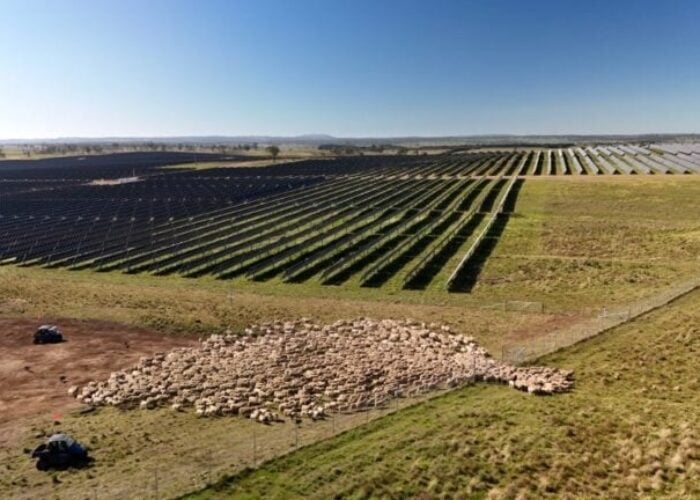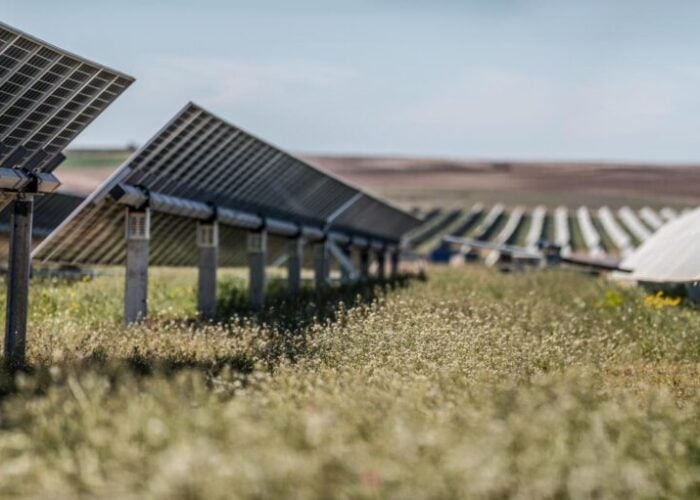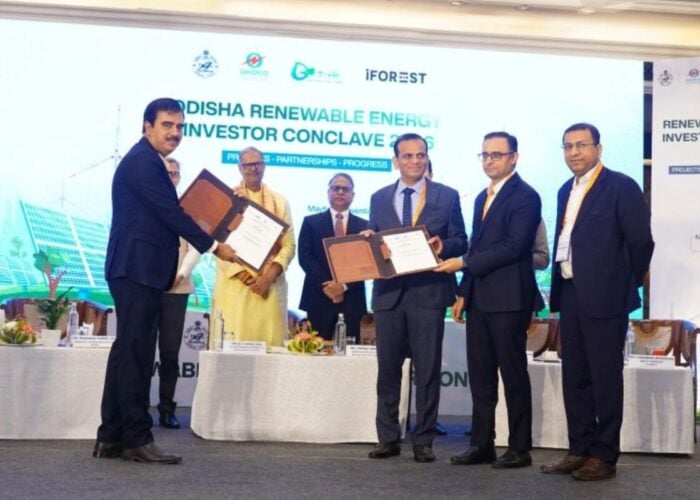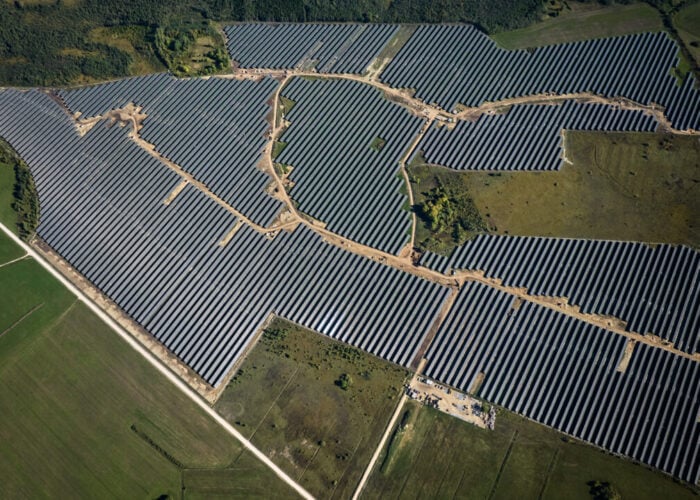
Oil and gas majors moving aggressively into renewables must build and not buy their way in, or their contribution to global carbon reduction efforts will be significantly limited, RWE’s CFO Markus Krebber has said.
Speaking at the European energy giant’s H1 2020 results disclosure yesterday, Krebber was asked about RWE’s standing in the sector and how recent announcements from the likes of BP – which intends to have a 50GW renewables portfolio by 2030 – would impact on its own ambitions, either by increasing competition or seeing itself become an acquisition target.
Try Premium for just $1
- Full premium access for the first month at only $1
- Converts to an annual rate after 30 days unless cancelled
- Cancel anytime during the trial period
Premium Benefits
- Expert industry analysis and interviews
- Digital access to PV Tech Power journal
- Exclusive event discounts
Or get the full Premium subscription right away
Or continue reading this article for free
“Oil companies need to consider is it really green if you buy existing stuff from others. It is not a positive contribution,” he said, when asked about the prospect of O&G majors acquiring already built assets rather than developing their own.
Krebber went on to suggest that if such companies took the entirety of their CapEx and put it into built solar or wind assets, there wouldn’t be enough existing projects to satisfy demand, resulting in a spiralling cost per acquisition.
The CFO also shone light on the company’s own approach to renewables, with RWE having set itself the target of becoming the world’s leading owner operator of renewable energy. Krebber said it was “not optimal” to buy existing assets, and the company instead wanted to build and operate renewable assets itself. While it could indeed exchange assets, this will be done in the pursuit of a diversified portfolio, rather than to add scale en masse.
RWE’s approach goes some way to explain the company’s pursuit of Nordex’s French wind and solar development portfolio, which it remains the sole bidder for. That acquisition, should it complete, will see it take on a 2.7GW profile of under-development wind and solar assets in one of the company’s strategic markets.
Krebber said the company has “all the ingredients” to be successful in what he described as a sector with nearly unlimited potential, mentioning the significant increase in power demand that comes with forecasted electrification of sectors such as heat and transport. He backed in particular RWE’s in-house development team, its diversified pipeline and investment discipline as giving it an advantage in the space.
RWE’s interest in renewables has ratcheted up since the completion of a major asset swap deal with compatriot energy giant E.On, which saw the company take on E.On’s utility-scale renewables businesses in exchange for RWE’s grids and consumer-facing interests.
RWE’s performance in the first six months of the year – the first reporting period since the completion of its asset swap with E.On – demonstrated the addition of E.On’s renewable portfolio to RWE’s. The company’s renewable generation in the first half of the year more than trebled year-on-year from 2.5TWh to 8.9TWh, the bulk of which came from onshore wind and solar.
Indeed, in H1 2020, RWE derived nearly 25% if its total power output from renewables, aided by a “significant decline” in coal output as operating conditions rendered the asset class uneconomical.
Revenues from renewables reached €986 million (US$1162.6 million) for the first half of the year, with EBITDA more than doubling year-on-year to €273 million. RWE’s full-year forecast is for earnings from renewables to fall somewhere between €500 – 600 million.






